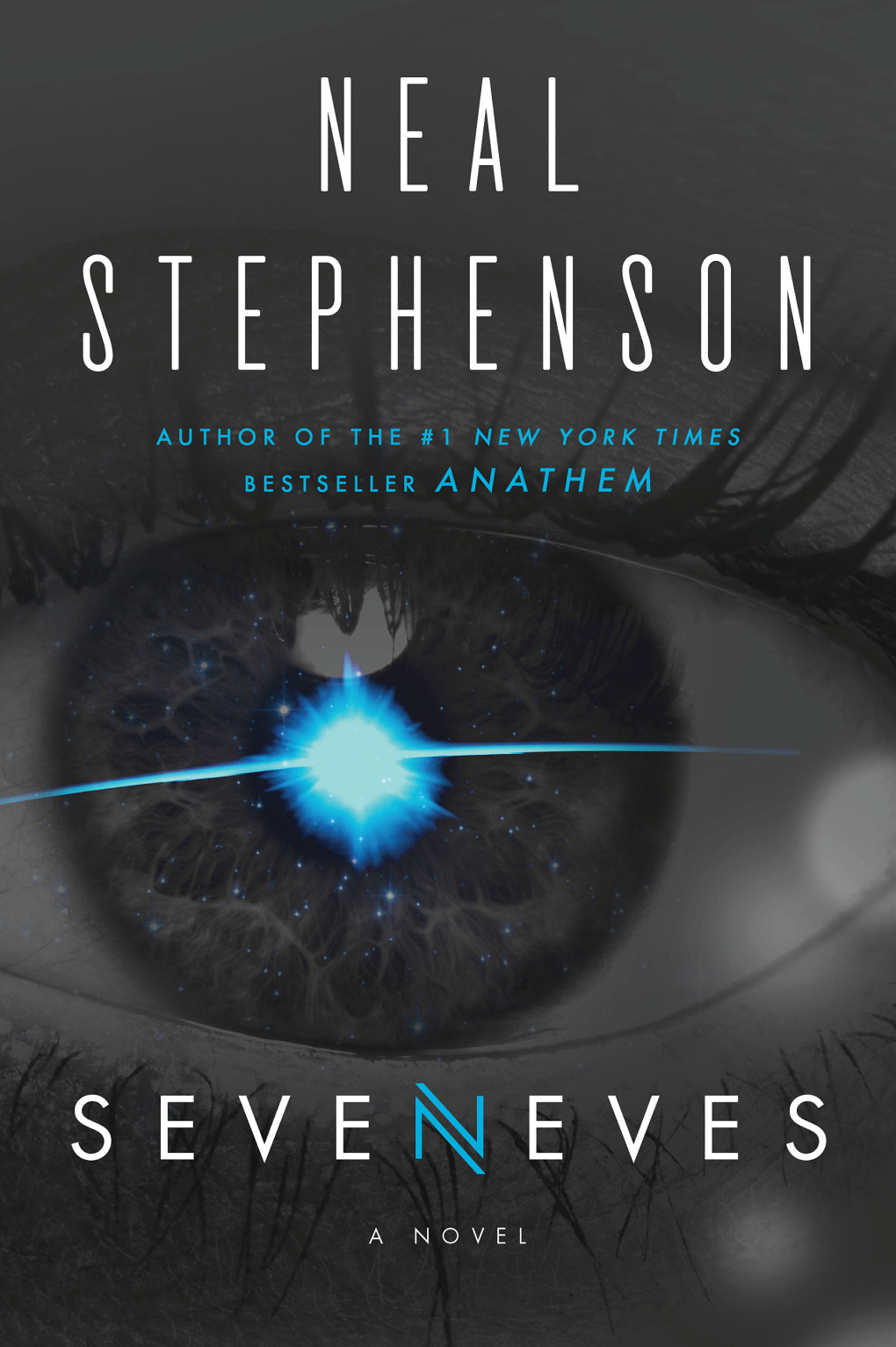- Anathem
- Snow Crash
- Cryptonomicon
- The Diamond Age: Or, a young lady’s illustrated primer
- Seveneves
- Reamde
- Quicksilver
Yeah, it isn’t my favorite book of his by any means. Still, it is a Neal Stephenson book, so it is pretty good.
There was some neat ideas about spaceships that are basically bollas and whips, and I suppose this book introduced me to the idea of the Lagrange Points; kind of cool. I was also taught about epigenetics, which I figured was made up until I looked it up.
My main issue with this book is that it feels at times like he forgot that you need to actually tell interesting stories about people. Seems that as he gets older (Reamde and Seveneves) Stephenson has become more technically obsessed. This is fine, but some segments of his novels are somewhat tedious to read through. I read sci-fi for two reasons. Foremost, I always hope to be exposed to some new idea or thought. Second, I enjoy out of this world stories. Stephenson always delivers on the first, lately I feel that he is not giving his full attention to the second.
A large amount of this book reads a bit like a technical manual for getting humanity into space. I seem to be reading more authors in this style. Seems to be a resurgence in the “hard” sci-fi of the past. Most recently I have read the “Bowl of Heaven” by Greggory Bentford and Larry Niven as well as “The Martian” by Andy Weir. My feelings about this “hard” sci-fi genre is always mixed. On one hand, it does seem a little more relevant if the technology mentioned might someday exist and could, to the best of our knowledge, work. However, realistically, I think we are talking about relative things here. In darts, if you miss the board, you missed the board. The fact that you may have hit the wall rather than the floor may mean you are closer to the board, but you still completely missed it. Similarly, I think hard sci-fi may be closer to our actual future than space opera is, but the magnitude between either of them and reality will be so great as to make them both seem equally ridiculous.
I think sci-fi is most effective when it takes an idea (the singularity / time travel / gestalt consciousness) and builds a compelling story about it. I don’t think it is of particular importance that the idea be currently feasible according to our current understanding of the world. It is cool when it is, but still, this is fiction, use your imagination.

